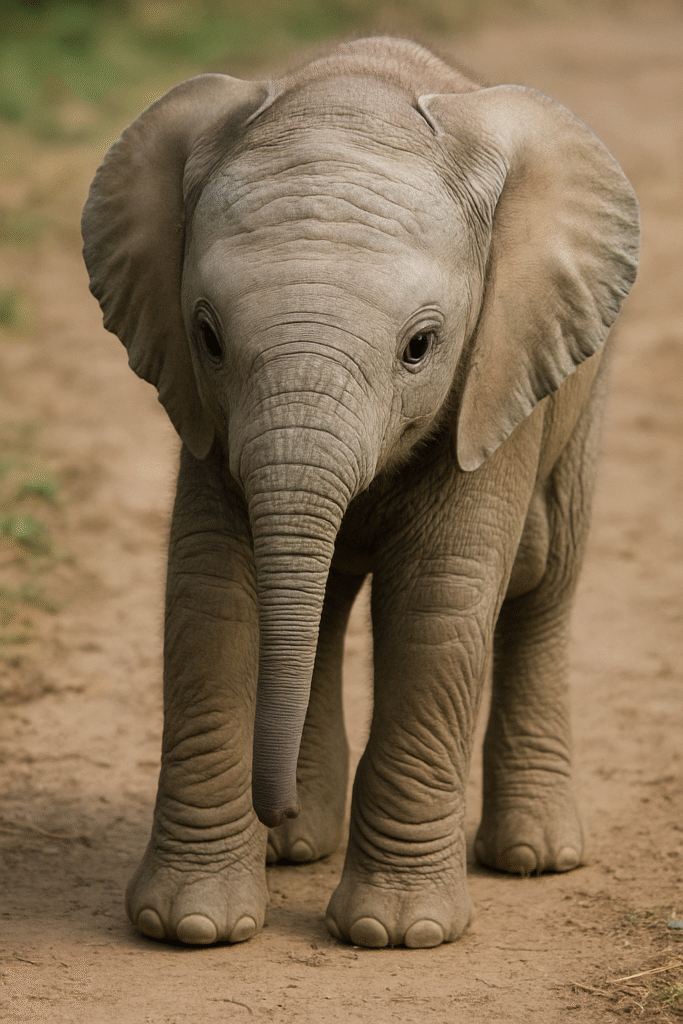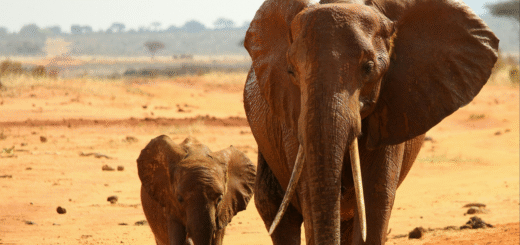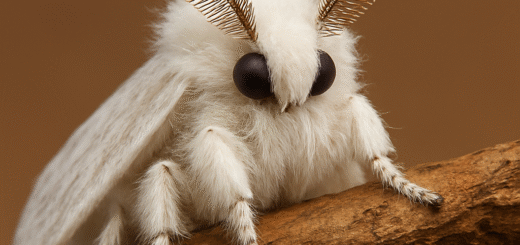Baby Elephant: Nature’s Adorable Giant
Baby elephants, often called calves, are among the most charming and heartwarming creatures on Earth. With their floppy ears, tiny trunks, and playful personalities, these gentle giants capture hearts worldwide. But beyond their adorable looks, baby elephants are full of fascinating traits and play a crucial role in the survival of their herds.

How Baby Elephants Begin Their Journey
Baby elephants are born after an incredibly long gestation period—about 22 months, the longest of any land animal! At birth, a calf can weigh between 200 to 300 pounds (90–135 kg) and stand about 3 feet tall. Despite their hefty size, newborn elephants are surprisingly wobbly and need a lot of care from their mothers and the entire herd.
The First Steps of a Baby Elephant
Within hours of being born, a baby elephant learns to stand and walk, an important milestone for its survival. These early steps are crucial because predators are always a threat. The herd, especially the mother and the female relatives known as “allomothers,” protect the calf fiercely, forming a circle around it if danger approaches.
Baby Elephants and Their Trunks
At birth, a baby elephant’s trunk is weak and uncoordinated. Watching a calf figure out how to use its trunk is pure joy—they often trip over it, suck on it like a thumb, or swing it clumsily. Over time, the calf’s trunk becomes a powerful tool, allowing it to eat, drink, play, and communicate with the herd.
What Do Baby Elephants Eat?
In the first few months, calves rely entirely on their mother’s milk. Around 6 months old, they start experimenting with solid food like grass and leaves but continue nursing for up to 2–4 years. Nursing is not just about nutrition; it’s also a source of comfort and bonding.
The Importance of Family
Elephants are highly social animals, and the bond between a calf and its family is unbreakable. A baby elephant is constantly surrounded by nurturing adults and playful peers. This strong family structure helps calves learn essential survival skills, from finding water during droughts to understanding complex social rules.
Playful and Curious by Nature
Baby elephants are naturally curious and love to play. They splash in waterholes, chase birds, wrestle with each other, and sometimes even “mock charge” small animals, practicing for adult behaviors. Playtime is not only fun but also essential for developing coordination and social bonds.
Threats to Baby Elephants
Despite their family’s protection, baby elephants face many dangers. Habitat loss, poaching, and human-wildlife conflict put both calves and adults at risk. Conservation efforts are critical to ensuring these amazing creatures have a future in the wild.
Why We Love Baby Elephants
From their heart-melting antics to their profound family ties, baby elephants remind us of the importance of kindness, protection, and community. Seeing a calf thrive is not just a win for the species but a beautiful symbol of hope for nature itself.








